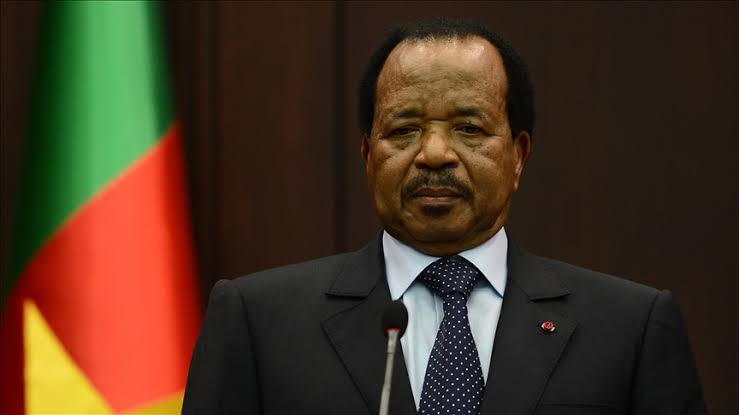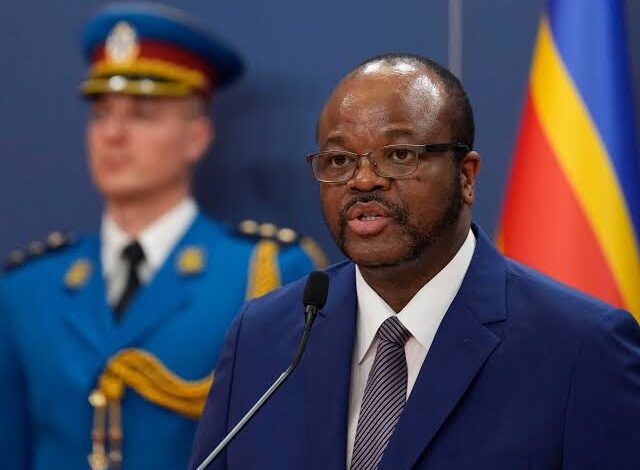
Faith Nyasuguta
Eswatini’s government is facing mounting legal and political pressure after it quietly entered into an agreement with the United States to accept deportees from third countries under U.S. President Donald Trump’s controversial immigration program. The arrangement, struck without public disclosure or parliamentary approval, has triggered a fierce court battle as lawyers and human rights activists demand answers about its legality, transparency and implications for national security.
The controversy first erupted in July when five foreign nationals described by U.S. authorities as “dangerous individuals” were transferred to Eswatini under the deal. The government confirmed their arrival, saying they were being held in high-security isolation units within correctional facilities. Officials stressed that the deportees posed no threat to the public and that their acceptance was the outcome of “months of robust high-level engagements” with Washington. Yet, the secrecy surrounding the agreement and its sudden implementation has ignited concerns that Eswatini may have compromised both its sovereignty and its citizens’ rights.
The Eswatini Litigation Centre, supported by the Johannesburg-based Southern Africa Litigation Centre (SALC), has taken the government to court. They argue that the deportation pact is unconstitutional because it bypassed parliament and excluded public consultation. Lead applicant and lawyer Mzwandile Masuku has been outspoken, insisting that “the executive must be held accountable. We want transparency when dealing with matters of state importance and respect for the rights of all individuals who are in Eswatini regardless of who they may be.”
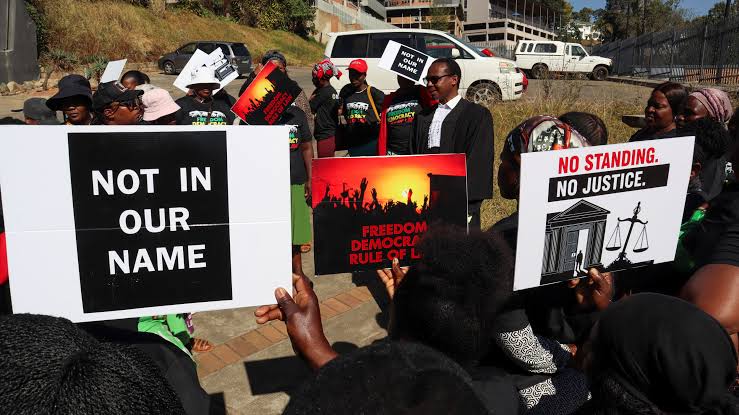
SALC’s civic rights cluster lead, Melusi Simelane, who joined the case as a co-applicant, echoed these concerns. He noted that the arrangement not only undermines democratic processes but also places Eswatini at risk of becoming a dumping ground for individuals unwanted by their home countries. Activists argue that the program, which began under Trump’s “safe third country” immigration policies, allows the U.S. to outsource deportations without adequately considering the receiving nation’s legal framework or capacity to host such individuals.
The case was due to be heard at Eswatini’s High Court last week, but proceedings were postponed until September 25 after the government failed to submit its response papers on time. Observers say the delay reflects the administration’s discomfort with defending a deal that has attracted widespread criticism.
Government officials, however, remain defiant. Attorney General Sifiso Khumalo dismissed the lawsuit as “a frivolous legal application with no legal basis.” The government insists that the deportees are being managed responsibly and that Eswatini is simply fulfilling its international obligations while reinforcing long-standing ties with Washington.
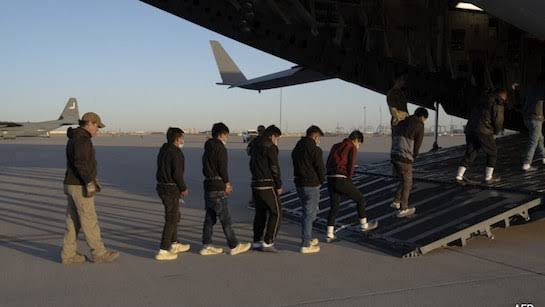
Spokesperson Thabile Mdluli acknowledged the sensitivity of hosting individuals whose countries of origin are not Eswatini but insisted that due process was being followed. She said the kingdom is working with the International Organization for Migration (IOM) to eventually facilitate the transfer of the inmates to their home countries. Mdluli emphasized that Eswatini remains committed to upholding international human rights standards in handling the matter.
Still, doubts persist. Critics note that no details of the agreement – including its terms, duration, or the categories of deportees involved – have been made public. Questions also linger about why Eswatini, a small and resource-strapped nation, agreed to shoulder such a burden in the first place. Many see the deal as another example of how Africa’s last absolute monarchy, under King Mswati III, makes decisions behind closed doors with little accountability.
For Eswatini, the stakes are high. On one side, the government is eager to preserve diplomatic ties with a powerful ally like the United States. On the other, it faces growing domestic unrest from civil society groups who accuse it of trading away sovereignty and risking human rights abuses in the process.
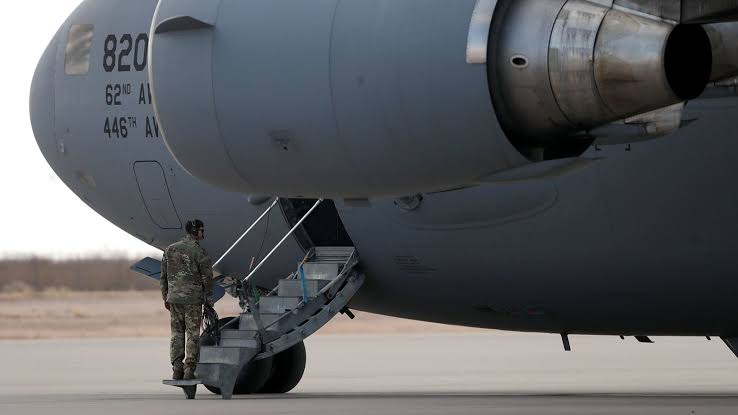
The unfolding court case could set a precedent not only for Eswatini but also for other African nations grappling with secretive agreements brokered in the name of international cooperation. Whether the judiciary will side with activists demanding transparency or with a government determined to protect its deal with Washington remains to be seen.
What is clear is that the controversy has exposed the deep tensions between governance, accountability, and diplomacy in Eswatini. As the High Court prepares to hear arguments in September, the world will be watching how the small kingdom navigates one of the most politically charged legal challenges in its recent history.
RELATED:







